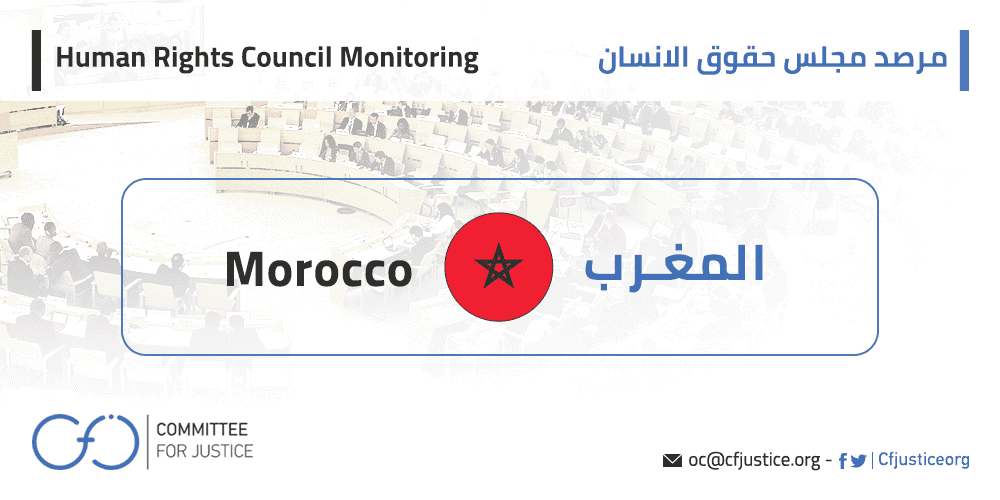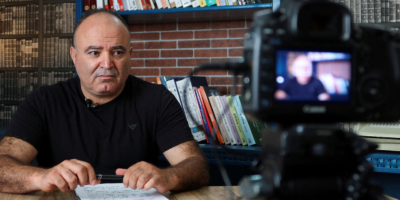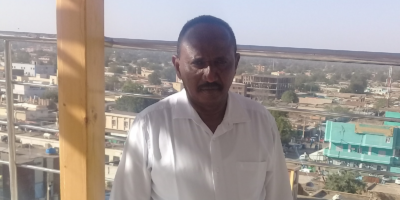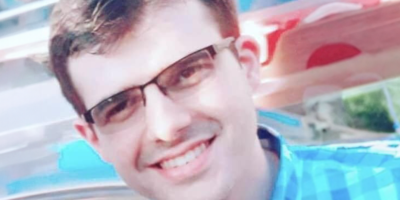News briefing
Translated and edited by: Committee for Justice
Geneva, 16 August 2021
United Nations human rights experts have revealed that two human rights defenders in Morocco were subjected to arbitrary arrests and severe sentences, in extremely poor conditions of detention.
The memorandum sent to the Moroccan government on 16 June 2021, which has not yet been responded to, referred to the exposure of Naama Asfari, a human rights defender and peaceful activist for the right to self-determination in Western Sahara, and Khatri Dadda, a human rights defender, a photographer, known for his coverage of violations of the rights of human rights defenders, including during protests against various acts of torture and degrading and inhuman treatment.
The case of the human rights defender Naama Asfari:
Asfari was arrested by Moroccan authorities on November 7, 2010, and transferred to Rabat, where he was tortured, and presented before a military court, which issued on February 16, 2013, a sentence of 30 years in prison against him, on charges of forming a criminal gang and participating in acts of violence that led to the premeditated death against members of the General Forces. On July 19, 2017, the Rabat Court of Appeal, after a process that did not respect fair trial guarantees, rejected his appeal, and the Court of Cassation rejected his appeal against the ruling also on November 25, 2020.
The experts explained that Asfari is currently serving his sentence in Quneitra Prison, which is about 2,000 kilometres from where his family lives, and his visitation rights have been restricted on several occasions since 2016, including when his wife tried to visit him. Public security reasons are invoked to justify these prohibitions. He constantly risked a humiliating search and was not allowed to use the library or the prison gym.
The case of the human rights defender Khatri Dadda:
As for the case of human rights defender, Khatri Dadda, the experts said that the security forces arrested him on December 24, 2019, when he was going to issue an identity document. He was interrogated by the Judicial Police in Samara from December 24 to 26, 2019, without having the right to hire a lawyer, and he was allegedly forced to sign a report containing a confession he did not understand.
The experts added that Dadda appeared on December 26, 2019, before the investigating judge in El-Ayoun on charges of participating in violent incidents, was convicted on March 4, 2020, and was sentenced to 20 years in prison, and he is now held in an overcrowded cell where he is forced to sleep on the floor, family visits take only about 5 minutes, and he is allowed to use the phone twice a week for only a few minutes.
In their memo, the experts expressed their concerns about allegations regarding the current conditions of detention of Asfari and Dadda, which, if proven to be true, would not appear to meet international standards, expressing also the serious concerns already communicated to Morocco regarding the conviction of human rights defenders, as well as allegations of violations of their right to a fair trial and acts of torture and inhuman and degrading treatment.
UN demands from the Moroccan government:
The experts called on the Moroccan government to provide them with specific information about Asfari’s current conditions of detention, including any restrictions imposed on his right to receive visits and his access to Kenitra prison facilities, as well as the justifications for these restrictions.
The experts also asked Morocco to provide them with specific information about Dadda’s current conditions of detention, including justifications for his transfer to Ait Melloul prison, and his alleged detention in a high-security area of the prison.





